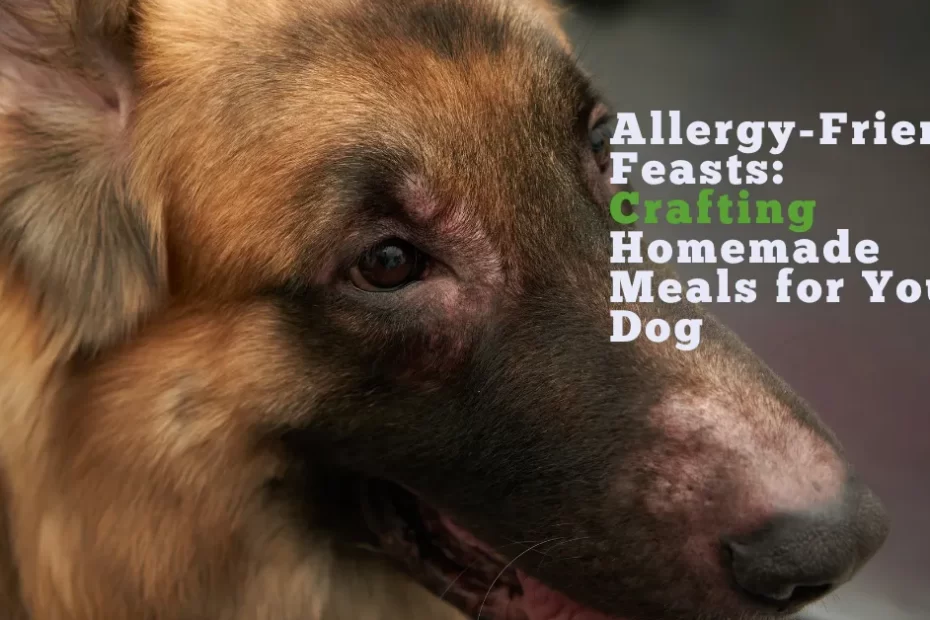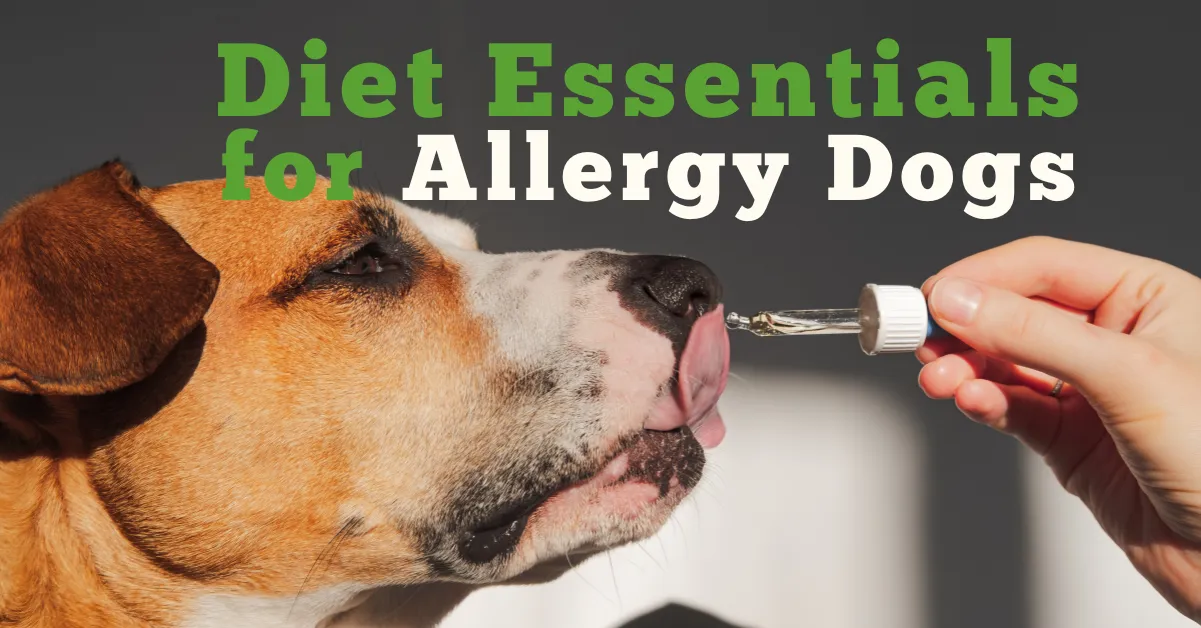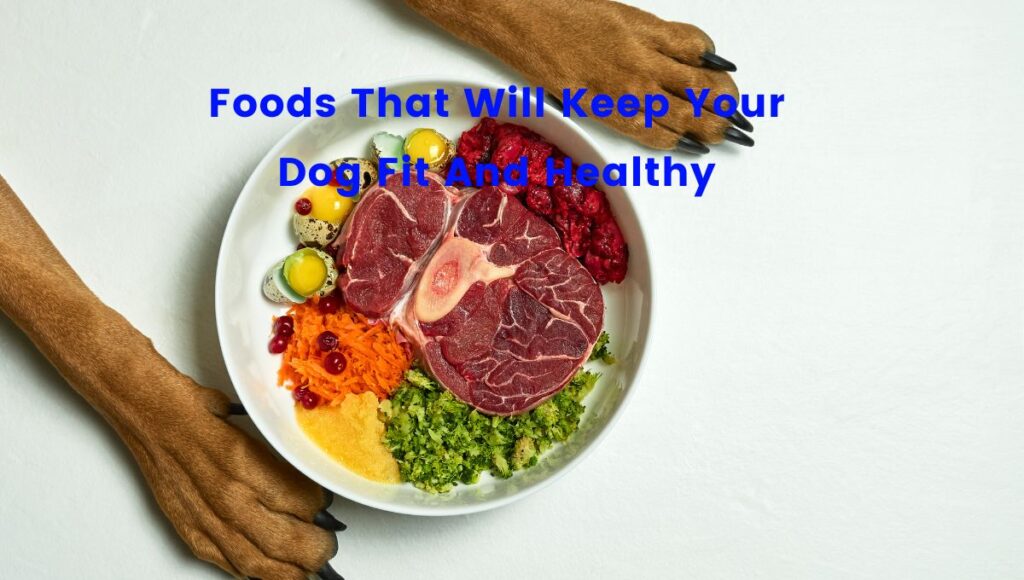Diet Essentials for Allergy Dogs: Dogs are notorious for begging for food. But as pet owners, it’s our responsibility to ensure that the food we give them is safe and healthy. So, what foods can we safely share with our furry friends without risking their health?
- Healthy and Happy: Diet Essentials for Allergy Dogs
- Tailored Nutrition: Diet Essentials for Allergy Dogs
-
Diet Essentials for Allergy Dogs: Q_A, Hints and Tips
-
- What are the key benefits of feeding homemade diets to dogs with allergies?
- How can I ensure my homemade diet provides adequate nutrition for my dog with allergies?
- What are some common allergens that should be avoided in homemade dog diets?
- How can I determine if my dog has food allergies?
- Are there any specific ingredients that can help soothe allergic symptoms in dogs?
- Cheese: Can dogs eat ?
- Can dogs eat eggs?
- Carrots: Can dogs eat?
- Can dogs eat watermelon?
- Can homemade diets be used as a long-term solution for managing food allergies in dogs?
- Can dogs eat apples or bananas?
- Foods Safe for Dogs: - Tips
- Source & Credits -:
-
In this article, we’ll explore a variety of safe foods for dogs that provide essential nutrients to keep them healthy and satisfied. There are plenty of options, from fruits and vegetables to lean proteins and whole grains.
So, let’s explore the delicious and nutritious foods you can share with your four-legged companions.
By incorporating these dog-friendly foods into their diet, you can provide your furry friend with a well-rounded and balanced meal plan to support their overall health and well-being. So, whether you’re looking for healthy treats or considering homemade dog food options, this article will serve as a guide to help you make informed choices and keep your furry friend happy and healthy.
There are certain foods that dogs cannot eat. These include chocolate, onions, garlic, caffeine, alcohol, and other toxic substances. In addition, some foods are harmful to dogs because they contain ingredients that can cause allergies or digestive problems.
Your dog is your best friend, and you will want him to live the whole, happiest life he can. Feeding him the best food will not only ensure that he is healthy and happy.
Natural foods and fruits are good for pups, with many positive health benefits. Fruits can improve your dog’s overall well-being.
Fruit is packed with vitamins, minerals, and antioxidants and suits us. Indeed, some fruits are superfoods that help fight cancer. But are all fruits good for dogs? Or what foods dogs can eat. Natural foods and fruits a dog can eat
While many fruits are safe for dogs to eat, some are toxic, and some carry unwanted risks.
Healthy and Happy: Diet Essentials for Allergy Dogs
The fruits dogs can eat help strengthen their immune system, improve skin, reduce inflammation, and aid digestion. With this in mind, for your dog’s well-being, it’s essential to know which fruits are safe and which are dangerous.
Tailored Nutrition: Diet Essentials for Allergy Dogs
Apples
The flesh is a sweet, juicy source of vitamin A & C and an excellent source of fiber but beware the seeds. Apple seeds contain traces of cyanide and dogs should avoid them. Apples are an excellent source of vitamins A and C, as well as fiber for your dog. They are low in protein and fat, making them the perfect snack for senior dogs. Just be sure to remove the seeds and core first.
Bananas
Bananas make for a healthy snack on the move. They are packed with potassium, which is essential for a strong heart and efficient kidneys. Dogs can eat bananas, in moderation, bananas are a great low-calorie treat for dogs. They're high in potassium, vitamins, biotin, fiber, and copper. They are low in cholesterol and sodium, but because of their high sugar content, bananas should be given as a treat, not part of your dog's main diet
Melon
Melon has high sugar content. Diabetic dogs and those prone to weight gain should only eat melon as an occasional treat
Kiwi
Kiwi is safe for dogs and contains healthy doses of fiber, vitamin C, and potassium. It also contains flavonoids and carotenoids, which are great antioxidants. They protect against cancer, help cell rejuvenation, and strengthen the immune system.
Pineapples
Pineapples contain vitamins, folate, and zinc which are great for a dog’s digestion and immune system.
Watermelon
Think of watermelon as a refreshing and healthy drink. Made up of 92% water, a slice of watermelon is a good way to give your dog extra fluid in hot weather. Watermelon also contains vitamin A, B6 & C, along with potassium. All of which promote healthy nerve function and strong muscles. This fruit has plenty of vitamins and nutrients that are beneficial for your dog’s health, and they’re made of 92 percent water, so they can be especially refreshing on a hot day.
Mango
Mangos make for a tasty, nutritious dog treat. Rich in potassium, vitamins and trace minerals, strips of mango flesh are a sweet treat for pups.
Blackberries
Blackberries are safe for dogs to eat. … You can feed your dog strawberries, blueberries, and raspberries as well. These berries are soft and easy for dogs to chew and don’t contain any ingredients that are toxic to canines.
Oranges
Sweet and juicy, oranges are safe for dogs and taste great. Oranges are rich in vitamin C . Peel your pooch an orange to boost his skin and coat condition.
Diet Essentials for Allergy Dogs: Q_A, Hints and Tips
-
What are the key benefits of feeding homemade diets to dogs with allergies?
Homemade diets offer several benefits for dogs with allergies. Firstly, they allow for greater control over ingredients, making it easier to eliminate potential allergens. Additionally, homemade diets can be tailored to meet the specific nutritional needs of dogs with allergies, ensuring they receive essential nutrients while avoiding triggers. Finally, homemade diets often contain fewer additives and preservatives than commercial foods, which can contribute to allergic reactions in some dogs.
-
How can I ensure my homemade diet provides adequate nutrition for my dog with allergies?
To ensure your homemade diet meets your dog's nutritional needs, it's essential to include a variety of protein sources, such as lean meats or fish, and a balance of carbohydrates from sources like rice or sweet potatoes. You should also incorporate healthy fats, vitamins, and minerals by including ingredients like vegetables and fruits. Consulting with a veterinary nutritionist can help ensure your homemade diet is well-balanced and provides all the necessary nutrients for your dog's health.
-
What are some common allergens that should be avoided in homemade dog diets?
Common allergens that should be avoided in homemade dog diets include grains such as wheat, corn, and soy, as well as certain proteins like beef, chicken, and dairy. Additionally, ingredients like artificial preservatives, colors, and flavors can also trigger allergic reactions in some dogs. It's essential to carefully read ingredient labels and avoid any known allergens when preparing homemade meals for your dog with allergies.
-
How can I determine if my dog has food allergies?
The signs of food allergies in dogs can vary but may include itching, scratching, gastrointestinal upset, ear infections, or skin infections. If you suspect your dog has food allergies, it's essential to consult with your veterinarian, who can help determine the underlying cause of your dog's symptoms through diagnostic testing, such as elimination diets or allergy testing.
-
Are there any specific ingredients that can help soothe allergic symptoms in dogs?
Certain ingredients may help soothe allergic symptoms in dogs, including omega-3 fatty acids from sources like fish oil, which can help reduce inflammation and support skin health. Additionally, ingredients like coconut oil and turmeric may have anti-inflammatory properties that can provide relief from allergic reactions. However, it's essential to consult with your veterinarian before adding any new ingredients to your dog's diet to ensure they are safe and appropriate for your pet.
-
Cheese: Can dogs eat ?
In small quantities. Too much cheese can cause stomach pains and diarrhea. Blue cheeses and any which contain garlic, onion, or herbs should be avoided. Some dogs do have an intolerance to lactose, so take care.
-
Can dogs eat eggs?
Cooked eggs are perfectly safe for dogs as an occasional treat, but avoid feeding raw eggs because harmful bacteria can be present.
-
Carrots: Can dogs eat?
Raw and cooked carrots are safe and healthy for your dog, but be sure to cut them into pieces to avoid choking.
-
Can dogs eat watermelon?
Yes, they can! Watermelons are high in vitamin C, potassium, fiber, and antioxidants, making them an excellent source of nutrition for your dog. In fact, one small slice contains about half of your daily requirement of Vitamin C.
-
Can homemade diets be used as a long-term solution for managing food allergies in dogs?
Homemade diets can be an effective long-term solution for managing food allergies in dogs, provided they are well-balanced and meet your dog's nutritional needs. However, it's essential to work closely with your veterinarian or a veterinary nutritionist to ensure your homemade diet is appropriate for your dog's specific dietary requirements and to monitor your dog's health regularly.
-
Can dogs eat apples or bananas?
Yes! Apples are high in fiber and contain antioxidants that may help prevent certain types of cancers. Dogs also love them!. Yes! Bananas are actually one of the best foods for dogs. They contain potassium, vitamins A, B6, C, E, K, magnesium, phosphorus, iron, zinc, copper, manganese, folate, vitamin D, calcium, and fiber. Bananas also help regulate blood sugar levels, so they're great for diabetic dogs.
-
Foods Safe for Dogs: - Tips
1. Introduce one new fruit at a time 2. Remember to feed only the fruit and carefully remove the seeds or the pit. 3. Be aware that dogs will not pick out the pits
Source & Credits -:
https://jetpetresort.com/blog/pet-safety/the-top-10-most-toxic-foods-to-dogs



it’s important to monitor your dog’s weight and adjust their diet accordingly. Obesity is a common health issue in dogs and can lead to a variety of health problems. Make sure to measure out your dog’s food and avoid overfeeding them with table scraps or treats.
As a dog owner, I found this article on foods that are safe for dogs to be very informative and helpful. It’s important to know which human foods can be harmful to our furry friends, and this article provided a comprehensive list of safe foods to incorporate into their diet. I especially appreciated the emphasis on lean proteins and nutrient-rich vegetables as great options for dogs. I will definitely be referring back to this article in the future and sharing it with other dog owners. Thank you for the valuable information!
Remember that puppies are learning, and it takes time for them to grasp new concepts. Stay patient, be consistent
Thanks for sharing. I read many of your blog posts, cool, your blog is very good.
Remember, even small amounts of some toxic foods can be harmful. It’s best to avoid them altogether.